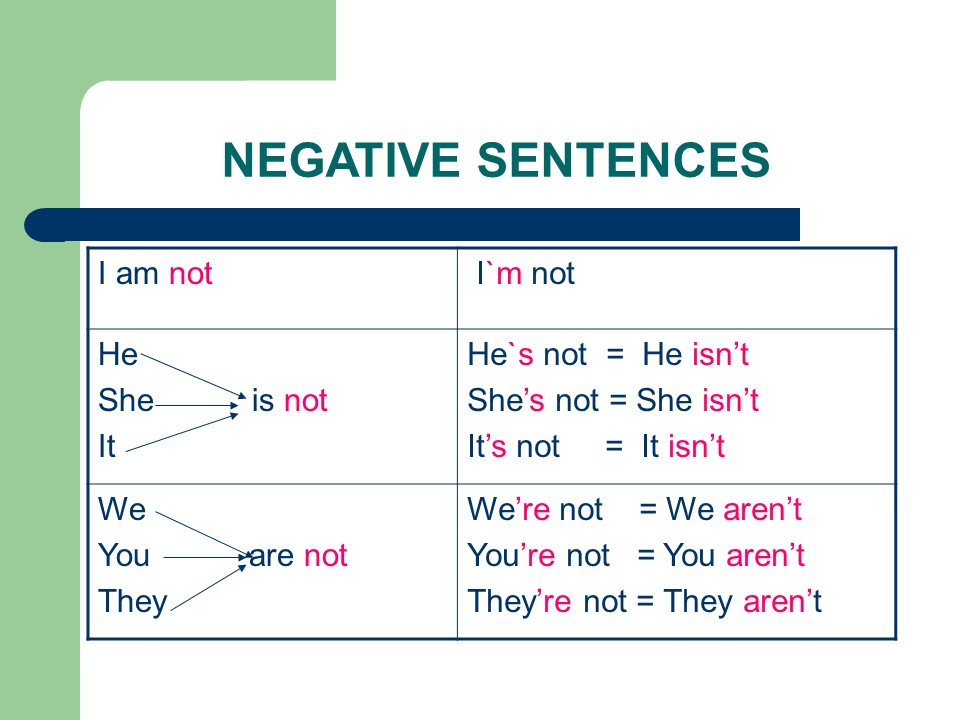SINGULAR COUNTABLE NOUNS
1.The use of determiners with singular countable nouns
In English, singular countable nouns usually cannot be used alone; they must be preceded by a word such as a, the, each or every.
e.g. a box
the person each child every tree
The words a, the, each and every are examples of a group of words which can be referred to as determiners. Such words, when used together with nouns, help to determine to which particular entities the nouns are referring. Determiners other than a and the are dealt with in detail in a separate chapter.
Singular countable nouns must usually be preceded by determiners even when the nouns are also preceded by various descriptive words.
e.g. a heavy, awkward box the right person
each young child every tall tree
The meanings of the words a and the are less specific than the meanings of the other determiners. A and the are sometimes referred to as articles. They are the determiners most frequently used with singular countable nouns.
2.A and An
The word a is often referred to as the indefinite article. The indefinite article has two forms: a and an. The form a is used before words which begin with a consonant sound.
e.g. a broom
a garage
a green apple
As well as being used before words beginning with consonants, a is also used before words which begin with vowels, but which are pronounced with an initial consonant sound. For instance, a is used before words beginning with eu and words beginning with a long u, since these words are pronounced with an initial y sound. A is also used before the word one, since one is pronounced with an initial w sound.
e.g. a euphonium a utensil
a one-way street
As was mentioned in Chapter 3, a vowel followed by a single consonant, followed by another vowel, is usually pronounced long. A is used before the following words which begin with a long u:
ubiquitous unanimous
unicorn unification
unified uniform
3.The use of A and An before singular countable nouns
In many languages, the word for a is the same as the word for one. This was also formerly the case in English. Because of the association of a and an with the idea of one, a and an are usually used only with singular countable nouns.
a.A weakened form of One
A or an frequently has the meaning of a weakened form of one.
e.g. I would like a cup of tea.
A car is parked in front of the house. The child owns a bicycle.
b.Naming a profession
When a sentence such as the following is used to name someone’s profession, a or an
must precede the name of the profession.
e.g. She is an artist. He is a student.
c.Making a general statement
A is referred to as the indefinite article because it can be used to refer to something in general terms. A and an are often used in general statements.
e.g. A bank account can provide a good means of saving money. An accountant must have a good knowledge of arithmetic. A good pair of scissors should be used for cutting cloth.
d.Referring to something not mentioned before
In dialogue and descriptions, a and an are used with nouns that name something which has not been referred to previously.
e.g. Where can I find a telephone? Suddenly we heard an eerie sound.
All at once a moose appeared in front of us.
In these examples, it is assumed that the things referred to by the nouns telephone, sound and moose have not been referred to previously.
e.A or An with the meaning of Per
A or an can also be used with the meaning of per.
e.g. once a week
two dollars a dozen four times a year
In these examples, a has the meaning of per. For instance, once a week means once per week, and two dollars a dozen means two dollars per dozen.




Good
Nice and thanks i learn a lot.